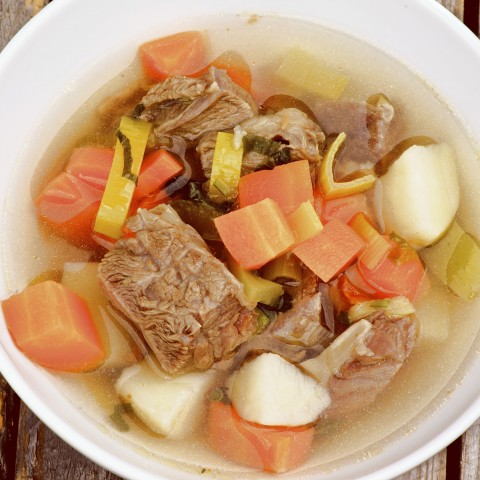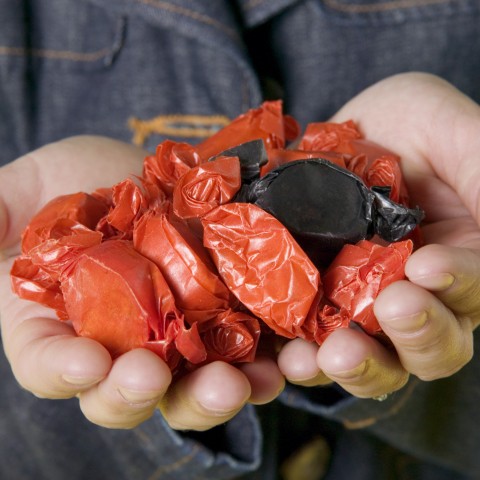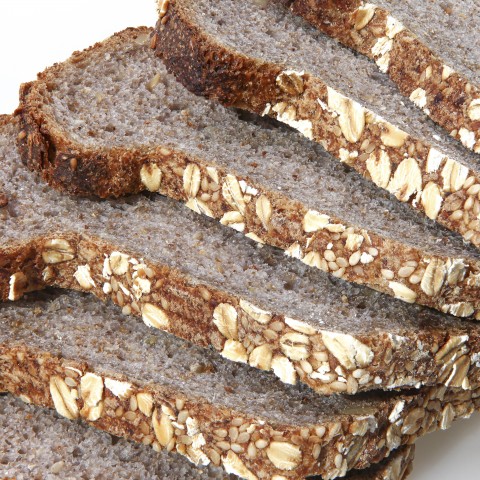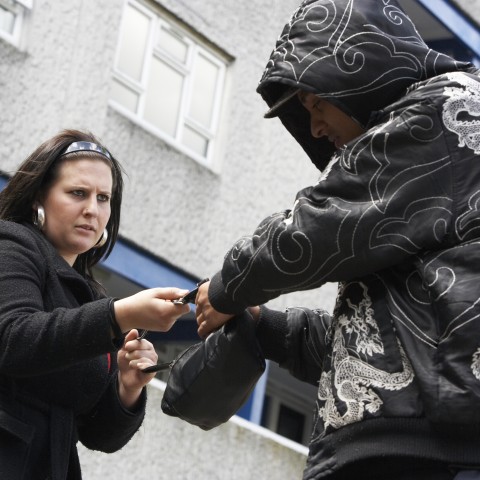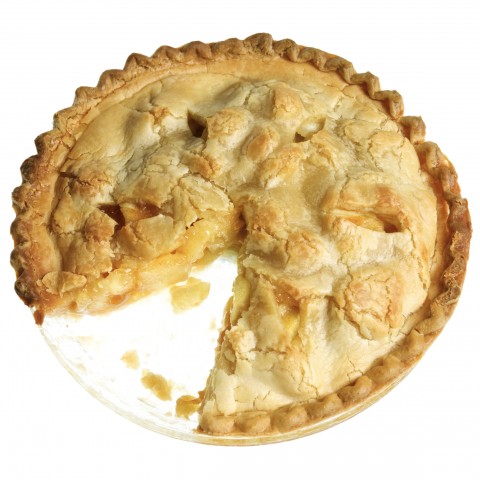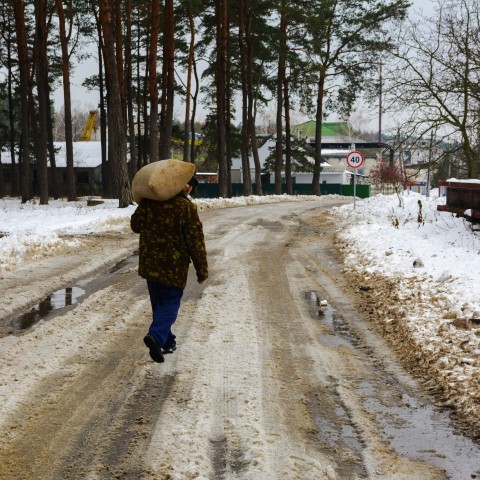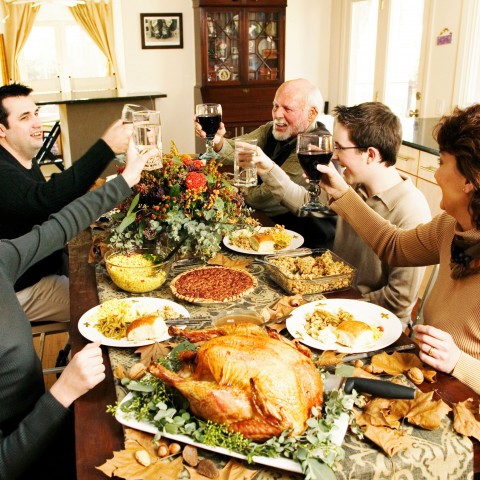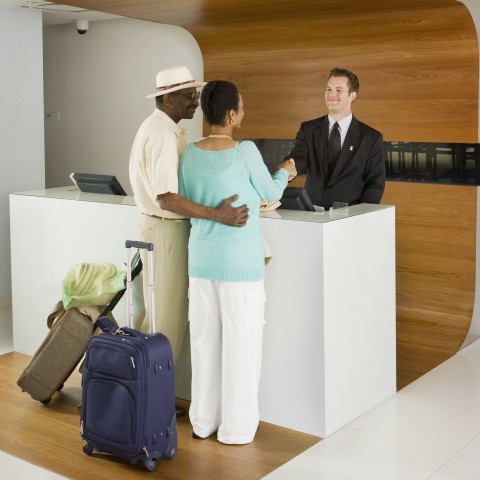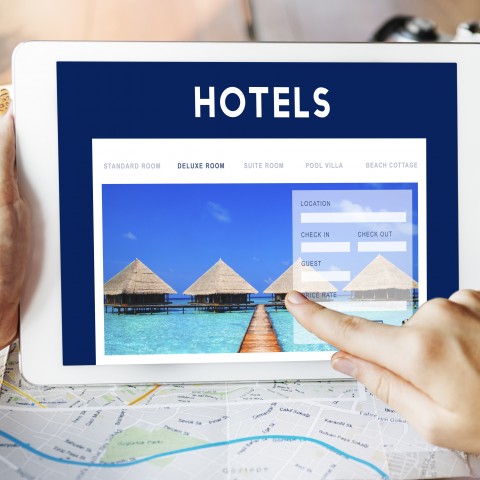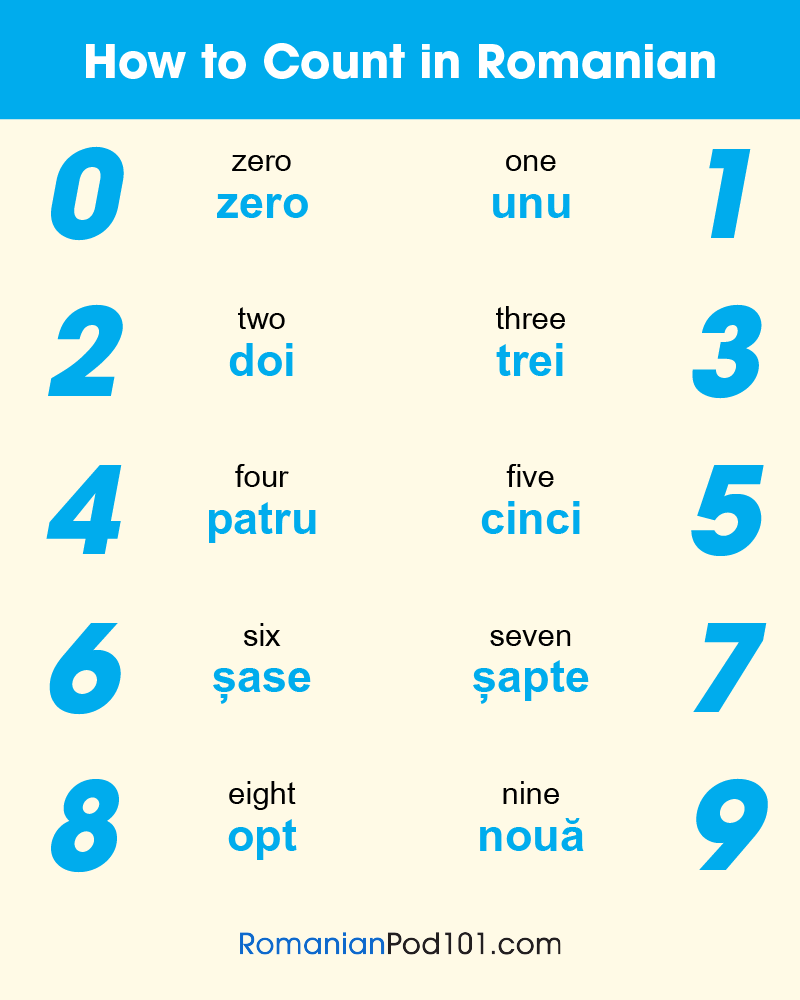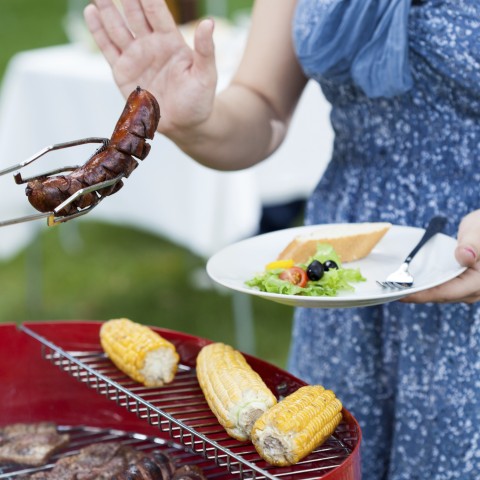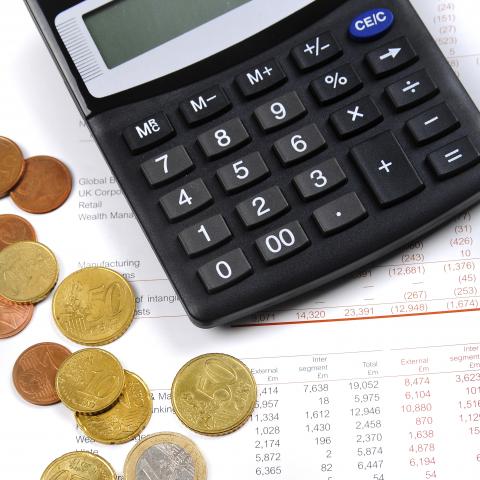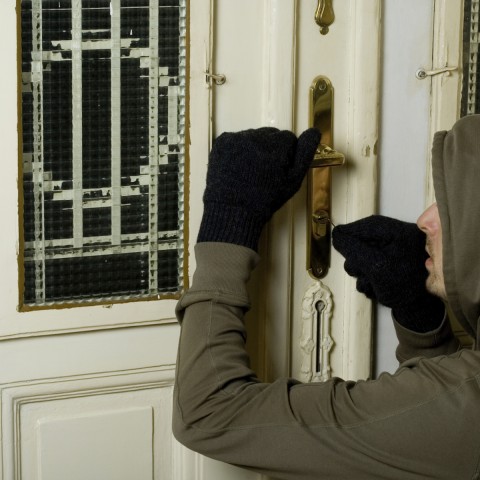Are you stuck in a Romanian loop? Do you keep learning a little then sliding back down, unable to really understand what people are saying?
Chances are, your vocabulary just isn’t quite there yet.
Vocabulary actually makes a big difference when it comes to comprehension. It may sound obvious, but the truth is that no matter how you’re learning, if you don’t know the words, you don’t know the words.
In this article, just for you, we’ve got one-hundred fantastic Romanian adjectives that you can use to spice up your Romanian. And these are the real deal, complete with real-life example sentences.
One quick read-through of our top Romanian adjectives list and your Romanian will never be the same. Let’s go!

Table of Contents
- A Very Fast Overview of Romanian Adjectives
- List of Adjectives in Romanian: Top 100+ Romanian Adjectives
- Conclusion
1. A Very Fast Overview of Romanian Adjectives
In principle, Romanian adjectives have challenging aspects and easier aspects.
On the one hand, almost all of them do change for gender and number. That means in order to speak grammatically, the adjective form has to “match” with the verb form.
In Romanian grammar, adjectives typically come after the noun they modify. Sometimes you’ll see them in front of the noun, and that means that they’re being emphasized.
Aside from those two Romanian adjectives rules, you don’t have to worry about the crazy case changes that you’d deal with in Slavic languages, and a lot of the most popular Romanian adjectives are already very easy to understand for English speakers!
2. List of Adjectives in Romanian: Top 100+ Romanian Adjectives
Here’s our top Romanian adjectives list; prepare to expand your knowledge of descriptive words in Romanian and speak like a creative native!
1- Describing Colors
To ease you in here, some Romanian color words don’t change for gender or number. Besides, colors are easy stuff. It’s just like kindergarten again!
1. gri – gray
Mi-am luat paltonul gri.
I took my gray overcoat.
2. bleu – light blue
El purta o cravată bleu, foarte draguță.
He was wearing a very nice blue tie.
3. maro – brown; maroon
Este într-o geantă maro, de piele.
It’s in a brown leather bag.
4. lila – light purple; lilac
Rochiile domnișoarelor de onoare sunt lila.
The bridesmaids’ dresses are light purple.
5. vernil – light green; vermilion
De asemenea, aveau și varianta pe vernil.
They also have it in light green.
However, the following adjectives do change.
6. roșu – red
Apasă butonul roșu.
Press the red button.
7. albastru – blue
Nimic altceva decât o mare calmă și un orizont albastru.
Nothing but calm seas and blue horizons.
8. verde – green
Ea vrea doar legume verzi și supă.
She only wants green vegetables and broth.
9. portocaliu – orange
El are tenul portocaliu.
He has an orange tan.
10. violet – purple
Ești îmbrăcată în violet.
You’re wearing purple.
11. alb – white
Vin alb, te rog.
White wine, please.
12. negru – black
Am nevoie de o rochie neagră de seară.
I need a black evening dress.
2- Describing Taste
Anybody who doesn’t know about Romanian cuisine is missing out big time. It’s hearty, healthy, and more importantly, runs a whole gamut of flavors—and these are the words you need to describe them.
13. iute – spicy (often used for non-Western food)
Wasabi e cam iute.
Wasabi is pretty spicy.
14. picant – spicy
Acest sos picant este cel mai bine vândut.
This spicy sauce is a bestseller.
15. sărat – salty
Aerul sărat de ocean e foarte coroziv.
The salty ocean air is very corrosive.
16. dulce – sweet
De asemenea și ștrudelul este dulce.
Also, strudel is sweet too.
17. amar – bitter
Laptele de aici e prea amar.
The milk here is too bitter.
18. proaspăt – fresh
Îmi place aerul proaspăt când dorm.
I like fresh air when I sleep.
19. acru– sour
Vreau orez dulce-acrișor.
I want the sweet-and-sour rice.
3- Describing Personality or Traits
Romania isn’t that big of a country, but you’ll find all kinds of people there. Particularly because of its history, the demographics can sometimes be diverse, especially when you contrast the countryside with the city.
20. inteligent – smart; intelligent
Ai procedat inteligent că nu ai zis nimic.
You were smart to keep quiet.
21. tânăr – young
Ești foarte tânăr ca să fii căpitan.
You’re very young to be a captain.
Check this out, though: In Romanian, we don’t say “younger sibling.” We actually say “smaller sibling!”
Mary este sora mai mică a lui Tom.
Mary is Tom’s younger sister.
Eu sunt fratele tău mai mare.
I’m your older brother.
Like any language, Romanian has set phrasal adjectives as well. Several of the most common ones are about people.
22. cu nasul pe sus – full of oneself; stuck-up
Ești prea cu nasul pe sus.
You’re getting a little full of yourself.
23. de încredere – trustworthy
El e omul cel mai de încredere din lume.
He is the most reliable (trustworthy) man in the world.
24. cu capul pe umeri – level-headed
Sunt un tip cu capul pe umeri.
I’m a very level-headed guy.
25. vioi – lively; nimble; brisk; alert
El este foarte vioi după somnul de după-amiază.
He’s very alert after his afternoon nap.
26. amabil – kind
N-am fost prea amabil cu tine.
I haven’t been very kind to you.
27. liniștit – quiet
Eu sunt doar aparent liniștit.
I’m only quiet on the outside.
28. zgomotos – noisy
Sper că gongul meu nu a fost prea zgomotos pentru tine.
I hope my gong wasn’t too loud for you.
29. punctual – punctual
Încearcă să fii mai punctual dimineața.
Try to be more punctual in the morning.
30. harnic – hardworking
Tatăl meu nu era prea harnic.
My father wasn’t very hardworking.
31. dinamic – dynamic; flexible
El e un jucător dinamic și puternic.
He’s a dynamic and powerful player.
32. tăcut – quiet
El a fost tăcut toată ziua.
He was quiet all day long.
4- Describing Appearance (People)
People think differently, and people look different. These are some of the hardest words to circumlocute, since they’re specific concepts that we don’t often say in other ways. Study up!
33. bătrân – old
Sunt prea bătrân pentru treaba asta.
I’m getting too old for this stuff.
We can only use bătrân to refer to old people. Check out the next section for how to describe old things.
34. frumoasă – beautiful
Ești o femeie inteligentă și frumoasă.
You’re a smart and beautiful woman.
35. puternic – strong
Cred că este genul tăcut și puternic.
I think he’s the strong silent type.
36. slab – weak; scrawny
Era slab și avea o mustață mică, blondă.
He was skinny and had a little blonde mustache.
37. urât – ugly
Ai crezut că sunt urât?
Did you think I was ugly?
38. înalt – tall
Tipul înalt este inginer.
The tall guy is an engineer.
39. scurt – short
Ei îi stătea foarte bine cu părul scurt.
She looked great with short hair.
40. străin – foreign
Nu poți să conduci cu un permis de conducere străin.
You can’t drive with a foreign driving license.
5- Describing Appearance (Things)
As mentioned before, you can’t use the same adjectives for people as you do for things. Sometimes, it sounds endearingly mistaken, but other times it sounds insulting!
41. nou – new
Este un pepene galben nou în frigider.
There’s a new melon in the fridge.
42. vechi – old
Nu-ți pierde timpul cu povești vechi.
Don’t waste your time on ancient history.
43. mare – big; great
Prietenul tău e în mare pericol.
Your friend is in great danger.
44. mic – small
Am un mic anunț pentru toată lumea.
I have a little announcement for everyone.
45. îngust – narrow
Patul e îngust, dar nu este nicio problemă.
The bed is narrow, but it’s alright.
46. lung – long
Ai bătut drum lung pentru nimic.
You came a long way for nothing.
47. jos – low
Aici, plafonul este prea jos.
The ceiling here is too low.
48. înalt – high
Purta pantofi roșii cu toc înalt.
She was wearing red high heel shoes.
49. subţire – thin
E o carte destul de subțire.
That’s a pretty thin book.
50. gros – thick
Mașina a fost acoperită de un strat gros de zăpadă.
The car was covered with a thick layer of snow.
51. adânc – deep
Am crezut că e adânc aici.
I thought it was deep here.
52. luminos – bright
Este la fel de luminos ca soarele.
It’s as bright as the sun.
53. întunecos – dim; dark
E un loc singuratic și întunecos.
It’s a dark and lonely place.
54. draguță – nice; lovely
Trebuie să fii drăguță tot timpul.
You have to be nice all the time.
6- Describing Feelings
Do you know enough about feelings in Romanian to be accurate when someone asks you how you are?
55. rușinat – ashamed; embarrassed
El este incredibil de rușinat din cauza acelui lucru.
He’s incredibly ashamed about that thing.
56. fericit – happy
Sunt fericit pentru tine.
I’m happy for you.
57. trist – sad
M-am enervat pentru că eram trist.
I got angry because I was sad.
58. dezamăgit – disappointed
Nu vei fi dezamăgit.
You won’t be disappointed.
59. flămând – hungry
El s-a rătăcit și e obosit și flămând.
He’s lost, tired, and hungry.
60. sete – thirsty
Cred că îți este atât de sete.
You must be so thirsty.
61. speriat – scared
M-am speriat foarte tare când te-am văzut.
I was really scared when I saw you.
62. confuz – confused
Dintr-o dată sunt foarte confuz.
Suddenly I’m very confused.
63. supărat – angry
Eu nu sunt supărat pe nimeni.
I’m not angry with anyone.
64. obosit – sleepy; tired
De ce sunt atât de obosit?
Why am I so sleepy?
7- Describing Weather
This section is just a teaser. To learn much more about describing the weather in Romanian, head over to our separate vocabulary resource page!
65. cald – hot
Pun pariu că o să fie foarte cald.
I bet it’s going to be hot.
66. frig – cold
Este frig și toate ferestrele sunt deschise.
It’s cold and all the windows are open.
67. ploios – rainy
Era prima zi a sezonului ploios.
It was the first day of the rainy season.
68. noros – cloudy
Vremea va fi noroasă, fără precipitații.
The weather will be cloudy, without precipitation.
69. însorit – sunny
În Praga e însorit și sunt 28 de grade.
It’s sunny and 28 degrees in Prague.
70. cețos – foggy; misty
Muntele e mereu cețos.
The mountain is always misty.
8- Describing Touch and Other Qualities
It’s tough to categorize these words. They mostly refer to things, but here they’re about an object’s general attributes, whether permanent or temporary.
71. scump – expensive
E prea scump pentru tine.
It’s too expensive for you.
72. ieftin – cheap
Este mai ieftin decât s-a așteptat.
It is cheaper than he was expecting.
73. umed – wet
E un pic umed iarna.
It’s a little damp (wet) in winter.
74. uscat – dry
Aerul devine uscat din cauza căldurii.
The air gets dry because of the heater.
75. drept – straight
Am mers în linie dreaptă în tot acest timp.
We’ve been walking straight this whole time.
76. pătrat – square
Ataşaţi conectorul mic și pătrat, la imprimantă.
Attach the small square connector to the printer.
77. rotund – circular
Pământul nu e plat, ci rotund.
The earth isn’t flat, it’s round.
78. stricat – broken
Am crezut că televizorul era stricat.
I thought the TV was broken.
79. gol – empty
Biroul era descuiat și gol.
The office was open and empty.
80. plin – full
Frigiderul e deja plin.
The fridge is already full.
9- Describing Quantities
And now just a few words to talk about quantities. Really, knowing these words can go a very long way toward making your speech sound perfectly natural.
81. câteva – a few
Am timp doar pentru câteva întrebări.
I have time for just a few questions.
82. unele – some
Am făcut unele modificări.
I’ve made some changes.
83. multe – many
Acolo sunt multe drumuri și multe mlaștini.
There are lots of roads and lots of swamps there.
84. întreg – whole
Mi-a luat un an întreg să învăț cuvintele.
I spent a whole year learning the words.
10- Describing Time
We’re going to sidestep around all the adverbs here (keep an eye out for a future article) and deal solely with the adjectives related to time. Again, just a small number of words can really help here. Practically every conversation has something to do with time!
85. târziu – later
Nu se va întoarce decât după-amiază, târziu.
He won’t be back until later this afternoon.
86. lent – slow
Te rog, vorbește lent.
Please, speak slowly.
87. rapid – fast
M-am maturizat prea rapid.
I grew up too fast.
88. la timp – on time
Plătești mereu chiria la timp.
You always pay your rent on time.
89. întârziat – delayed
Zborul nostru a fost întârziat.
Our flight has been delayed.
11- Describing Concepts
Rounding out our list here, we have ten more adjectives to describe concepts in the world around us. Don’t try explaining anything in Romanian without knowing these!
90. bun – good
O spun într-un sens bun.
I mean in a good sense.
91. pe cinste – great
Cred că vei fi o mamă pe cinste.
I think you’re going to be a great mom.
92. rău – bad
Alcoolul are un efect rău asupra mea.
Alcohol has a bad effect on me.
93. important – important
Este important să celebrezi cultura strămoșilor tăi.
It’s important that you celebrate the culture of your ancestors.
94. faimoasă – famous
E faimos pentru băuturile lui fine.
It’s famous for its fine liquor.
95. diferit – different
E ceva diferit la camera asta.
There’s something different about this room.
96. dificil – difficult
Va fi mai dificil decât credeai.
It’s going to be more difficult than you thought.
97. uşor – easy
Este ușor să treacă frontiera.
It’s easy to cross the border.
98. identic – identical
El poartă o cămașă identică.
He is wearing an identical shirt.
99. greşit – wrong
M-am săturat să fac toate lucrurile greșit.
I’m tired of doing everything wrong.
100. interesat – interesting
Am primit un telefon interesant.
I got an interesting phone call.
3. Conclusion
So yeah, vocabulary is important. But memorizing huge word lists by themselves isn’t the best choice.
The best way is to read lots of examples for the words you learn, and pay attention to how they’re really used in real Romanian.
You might have heard that you can get really far on only a few-hundred words—but the crucial thing is that you know them really well. If you can recognize all of them, but can’t use them in a speaking situation, it’ll be really frustrating!
It also helps a lot if you learn words in one format first, like an article, and then encounter them again naturally in another context, like a podcast. So study this list and the other resources at RomanianPod101.com, and wait for fluency to be yours!
Before you go, let us know in the comments what new popular Romanian adjectives you learned today from our list of the best Romanian adjectives! Are there any Romanian adjectives you still want to know? We look forward to hearing from you!

Author: Yassir Sahnoun is a HubSpot certified content strategist, copywriter and polyglot who works with language learning companies. He helps companies attract sales using content strategy, copywriting, blogging, email marketing & more.





